U.S. DSCA’s Announces New BLOC Policy for Foreign Military Partners, Expanding Financial Options
The Defense Security Cooperation Agency (DSCA) has introduced the «Bank Letter of Credit» (BLOC), a policy that expands the use of third-party funds for U.S. allies and partner nations. This addition to the U.S. Foreign Military Sales (FMS) program allows customers to utilize a letter of credit for their purchases via FMS.
The Bank Letter of Credit enhances the existing Credit Assured Payment Schedules (CAPS) policy and is part of a broader effort to provide improved financing options, states the agency.
Under the new BLOC policy, the DSCA outlines three ways a letter of credit can be employed:
- To replace national funds in the FMS Trust Fund for routine payments,
- To supplement national funds in Offer and Acceptance Letters, and
- To secure payment programs under CAPS sales terms.
BLOC requirements and eligibility are detailed in Chapter 9 of the Security Assistance Management Manual.
The DSCA is compiling a non-exclusive database of eligible banks for BLOC participation. Inclusion does not imply endorsement by the DSCA, the Department of Defense (DoD), or the U.S. government. This list will be shared with allies and partner nations to assist in selecting financial institutions to obtain a letter of credit.
Eligible banks must be U.S.-based with a minimum «A» credit rating or foreign banks in the U.S. licensed by the Office of the Comptroller of the Currency, also with a minimum «A» credit rating. Eligibility determination is within the purview of the DSCA’s Financial Policy and Regional Execution Division under the Office of Business Operations.
Are the F-16s offered to Argentina covered by this new financing option?
Recently, the Biden administration sent two notifications to the U.S. Congress regarding proposed defense equipment transfers to Argentina. The agreement could include up to 38 F-16 combat aircraft from Denmark, in addition to four Lockheed P-3 Orion maritime patrol aircraft from Norway.
Paris Air Show: HAL and FAdeA from Argentina pave the way for eventual industrial offsets
In both cases, the preferred program for this technology transfer is the Foreign Military Sales (FMS), which is administered by the DSCA. The inclusion of a Letter of Credit is an additional resource, though access to such credit for Argentina is complex due to economic conditions.
At the ceremony marking the 111th anniversary of the Argentine Air Force, Defense Minister Jorge Taiana stated that the choice of the new fighter is based on three fundamental pillars: capabilities, operational/technical decision-making autonomy, and financing.
The combination of these three factors will surely influence the final choice of the aircraft, but the BLOC program adds to one of the most important aspects of the FAA’s modernization: how to pay for it.

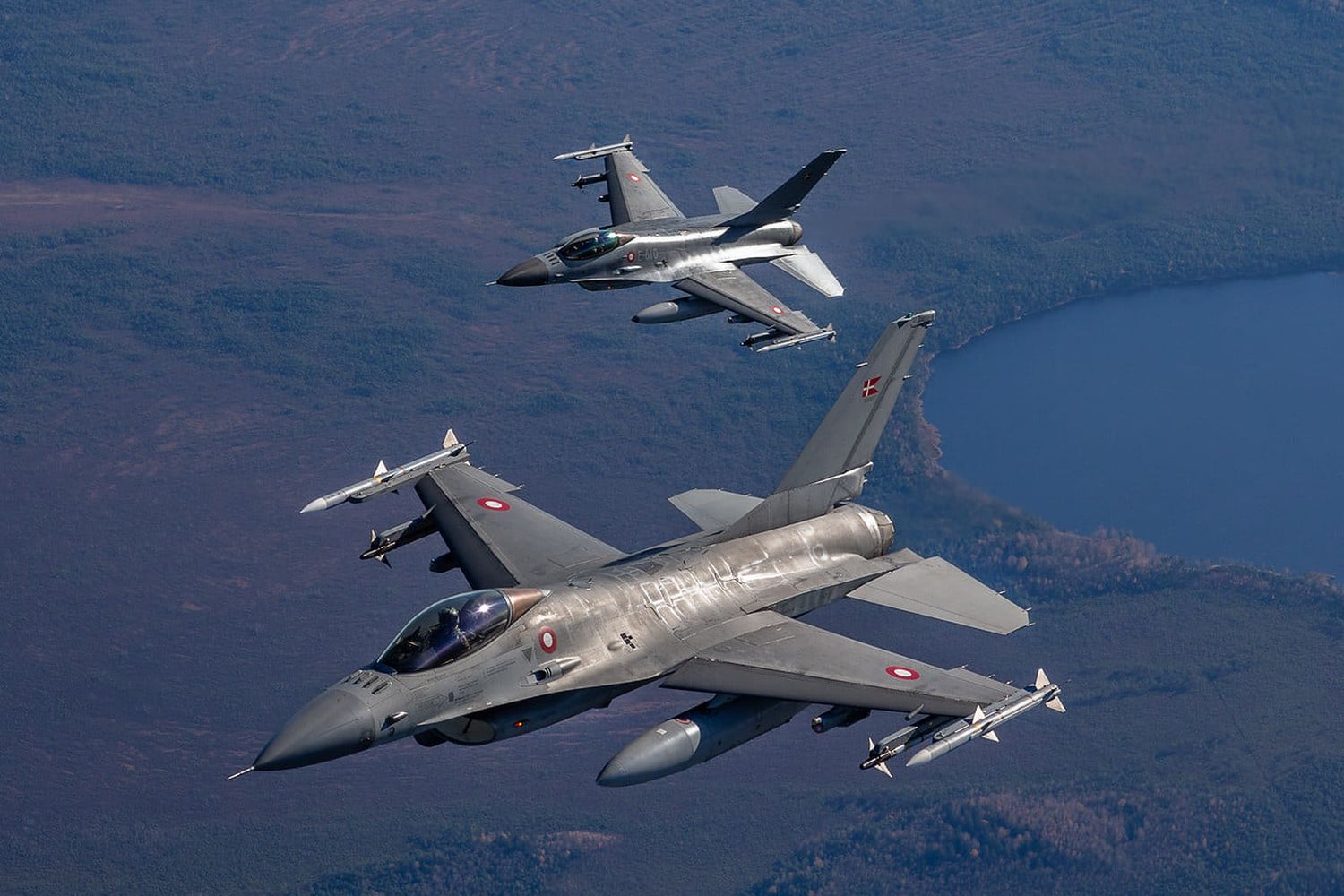
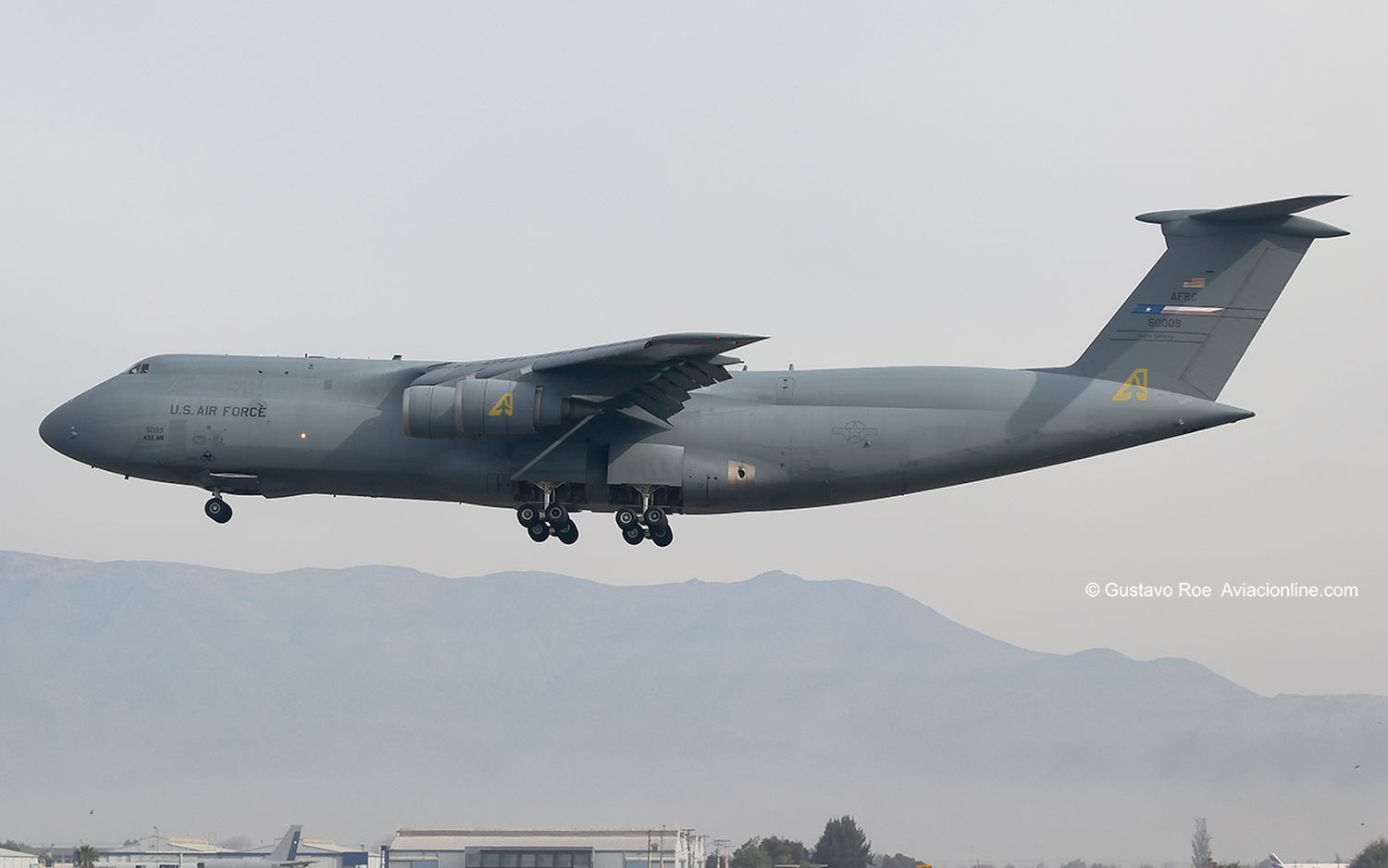
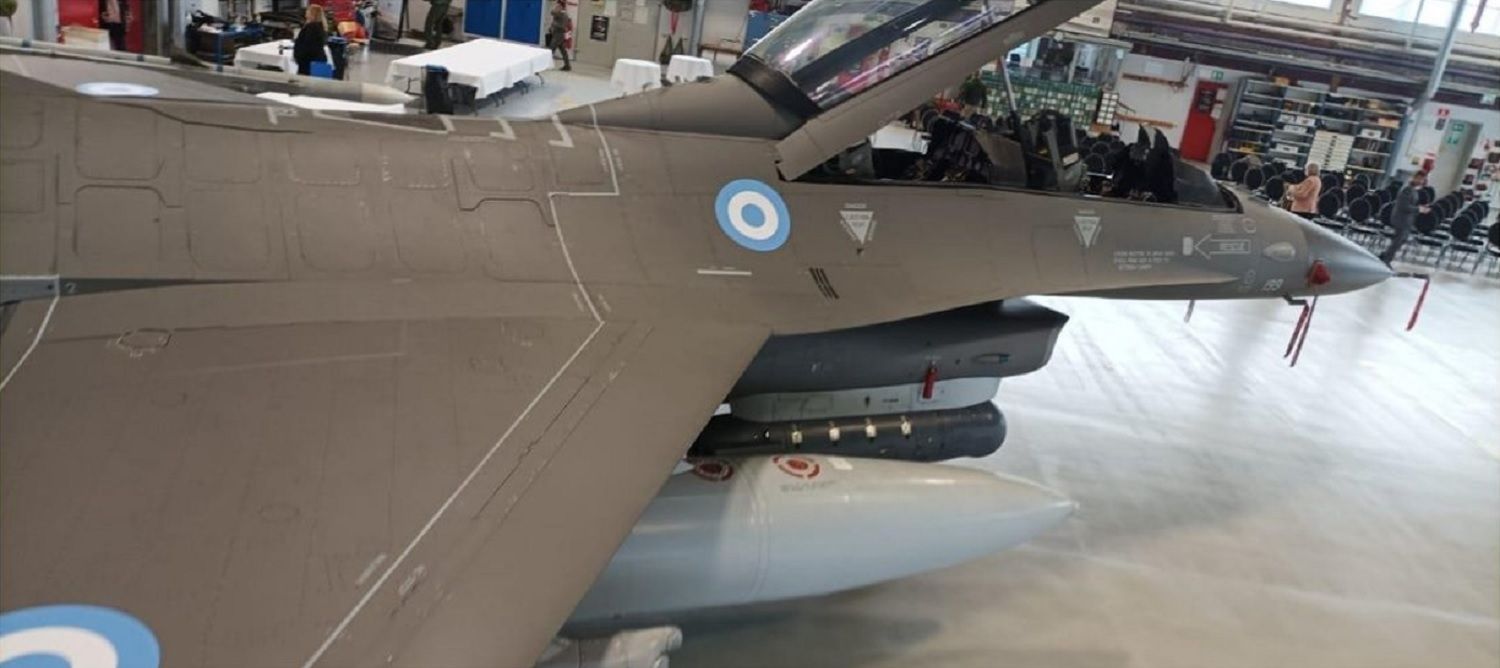
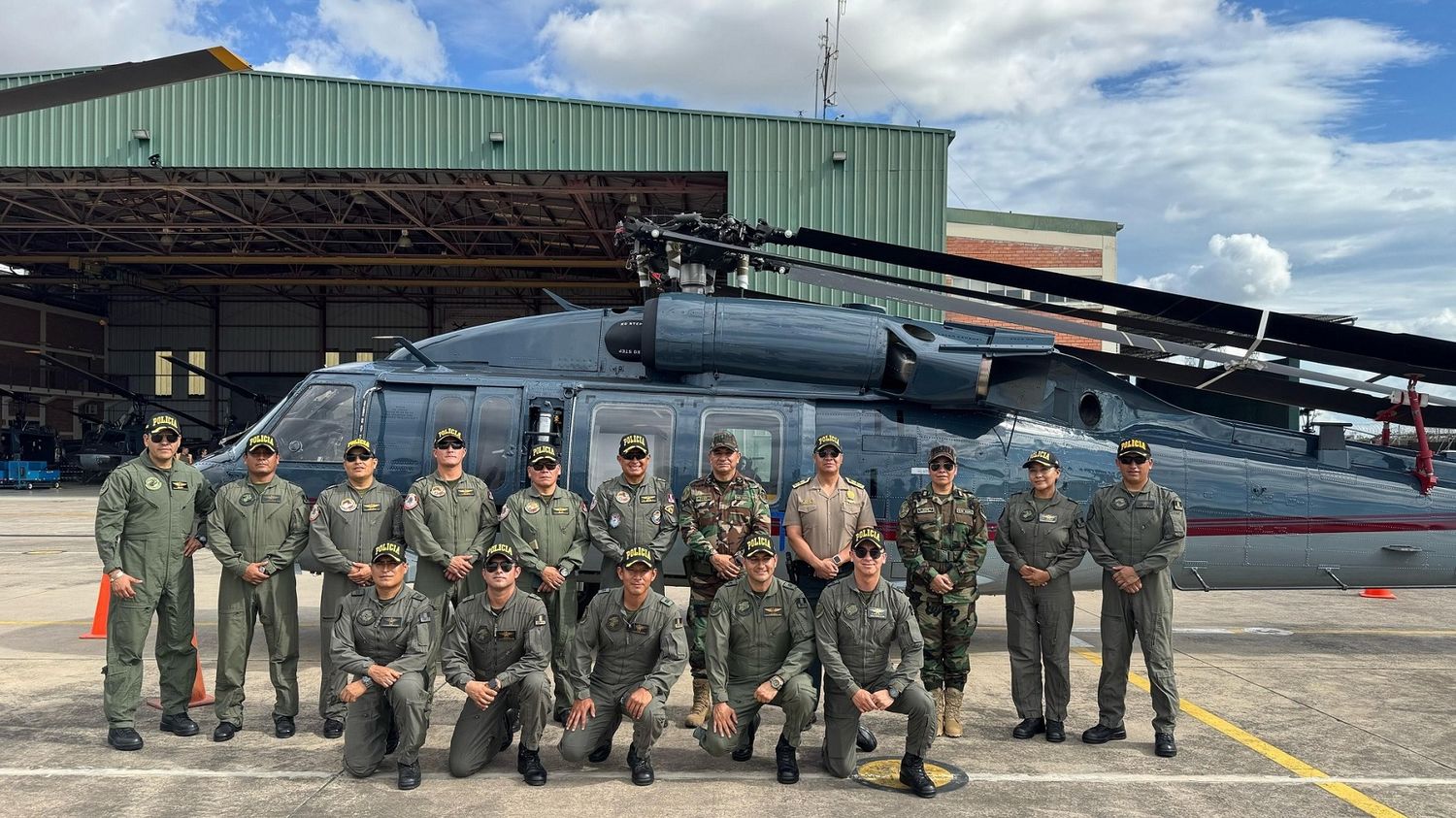
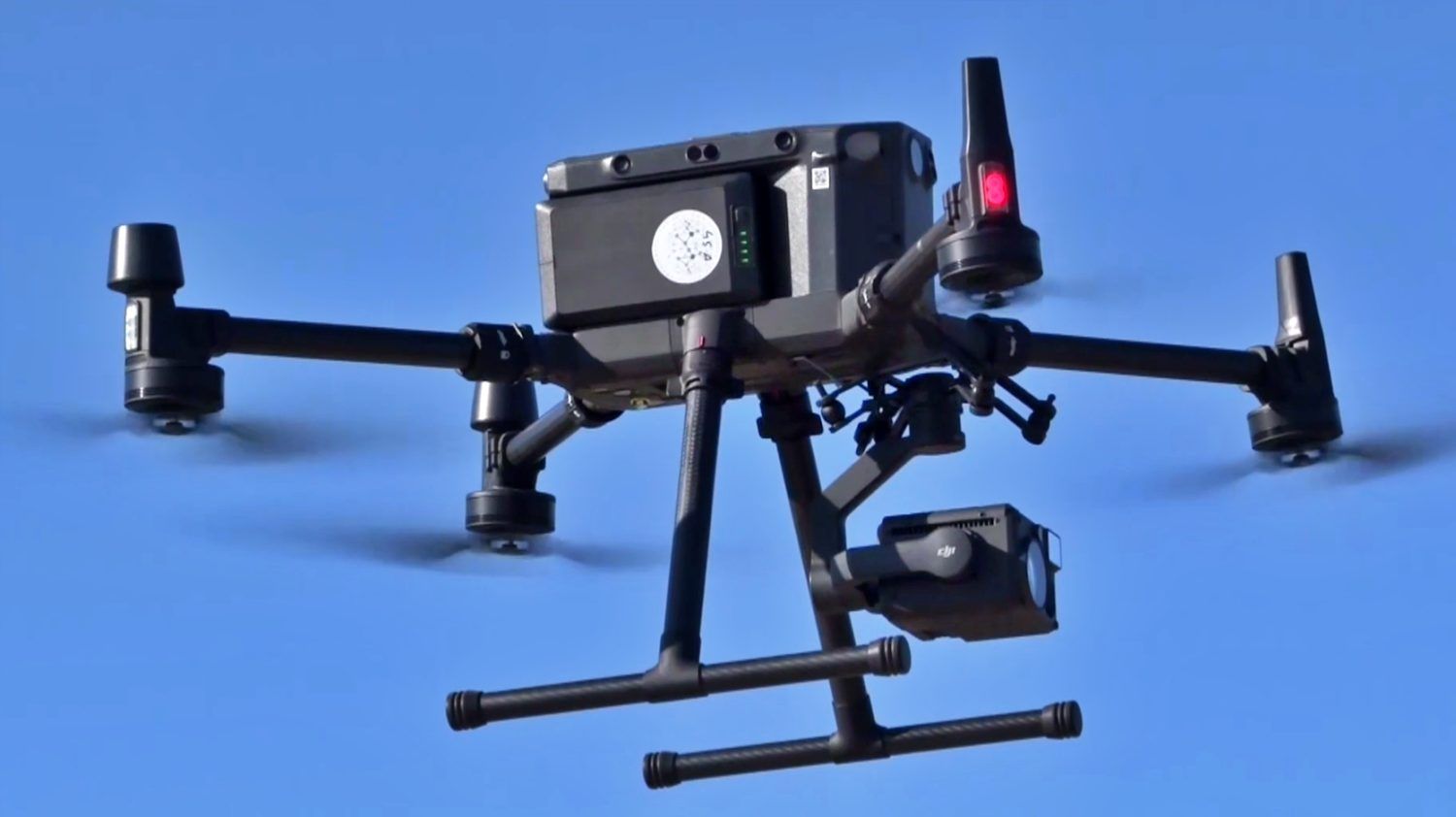
Comentarios
Para comentar, debés estar registrado
Por favor, iniciá sesión